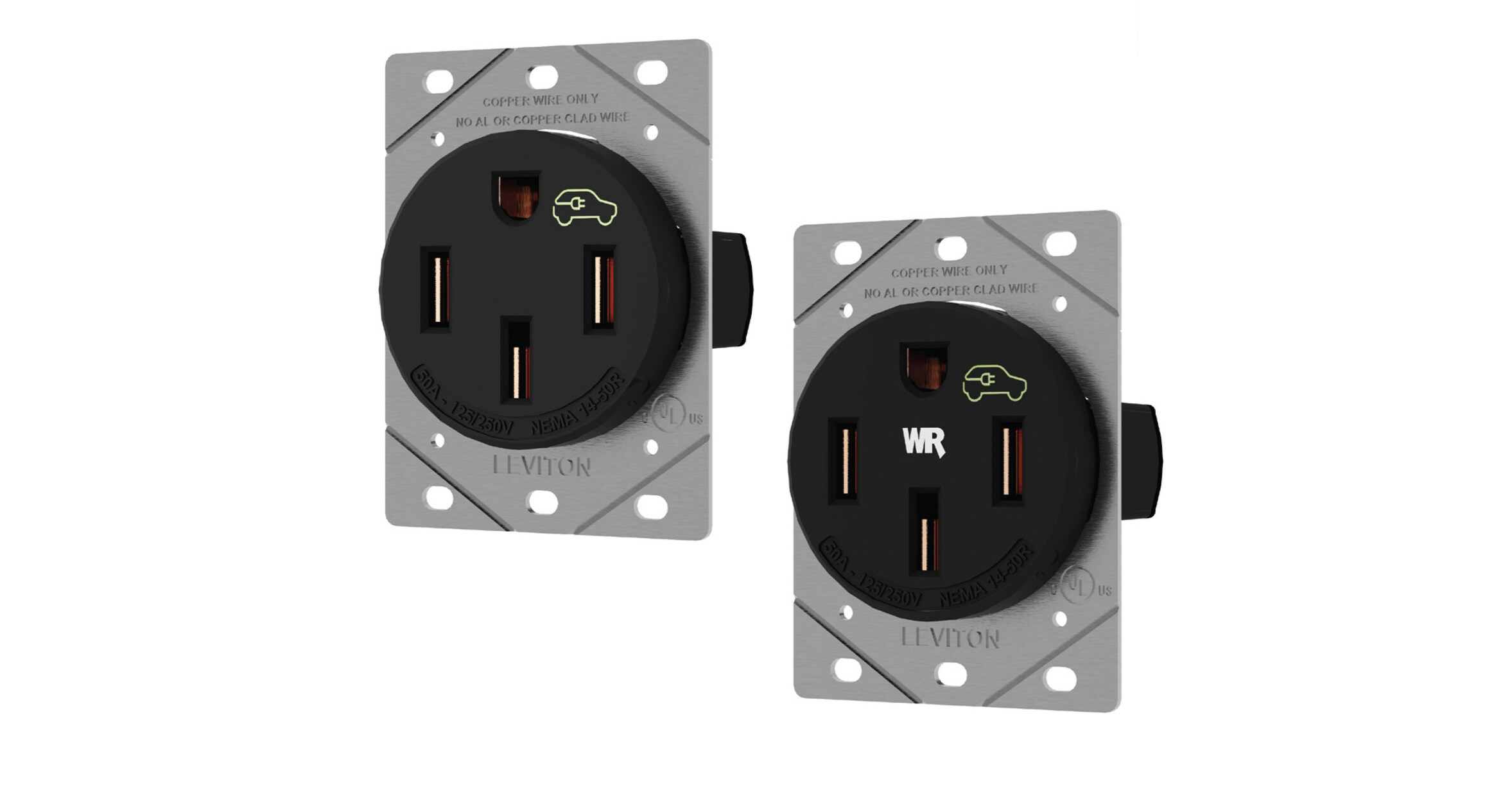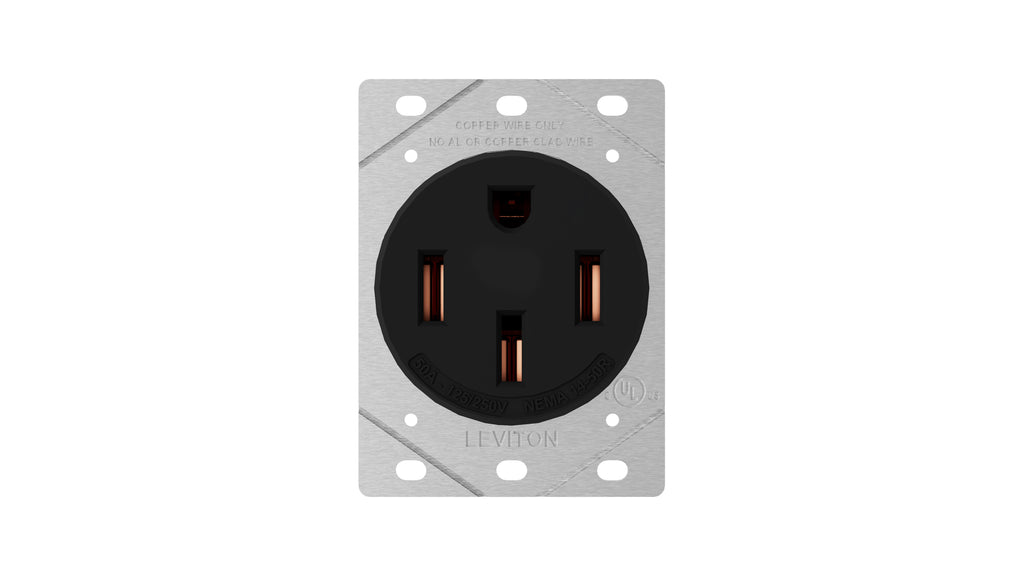Perhaps they have noticed that their 279-S00 receptacle shows up often in "melted receptacle" posts in various forums and social media?

 www.prnewswire.com
www.prnewswire.com

 store.leviton.com
store.leviton.com
But since it costs a lot more than the 279-S00, will most people still grab the 279-S00 at the store?

Leviton Introduces 50A Heavy Duty EV Charging Receptacle
/PRNewswire/ -- Leviton today announced the introduction of its new industrial grade 50 Amp Heavy Duty EV Charging Receptacle. The device is the ideal solution...

50 Amp EV Charging Receptacle/Outlet, Heavy Duty, 1450R
Designed specifically for plug-in EV charging applications, Designed to sustain the necessary extended charge time and high frequency of insertions EV chargers require. Perfect option for homeowners who prefer a plug-in EV charging units as opposed to a hardwire application Built of durable...
But since it costs a lot more than the 279-S00, will most people still grab the 279-S00 at the store?


